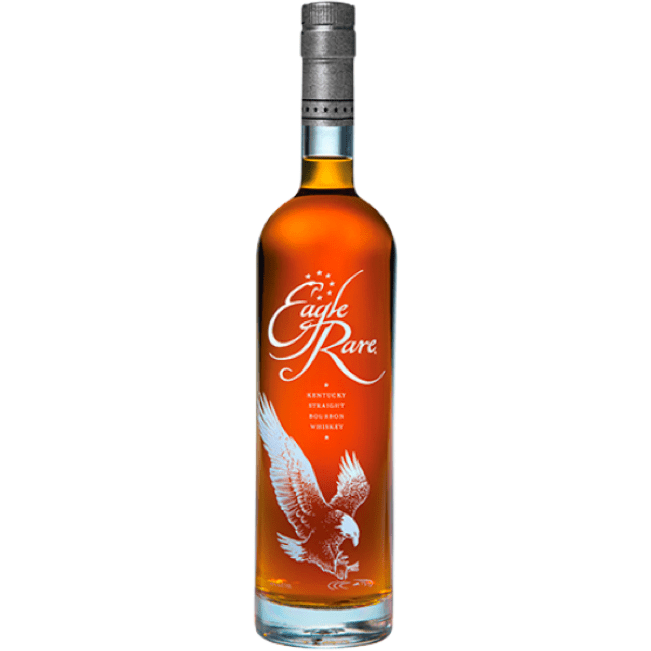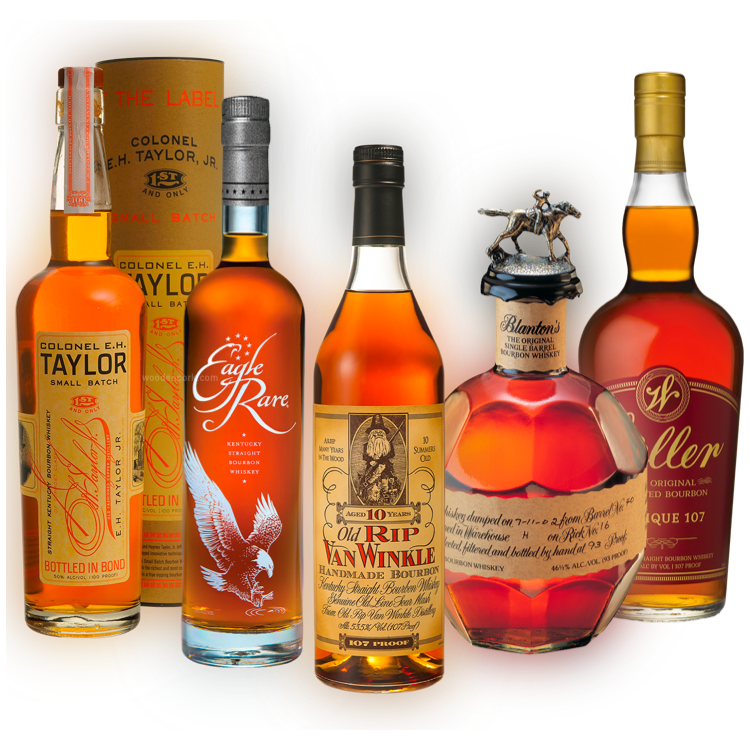Bacardi Testifies Before Congress in Havana Club Rum Matter
Bacardi continues to defend its ownership of Havana Club Rum.
The U.S. government last month granted renewal of the rum’s registration to the Cuban government. In response, Bacardi FOI’ed the decision. And on Feb. 11, at the request of the U.S. House of Representatives Judiciary Committee, Bacardi’s Rick Wilson, senior vice president for external affairs, appeared as a witness at a subcommittee hearing.
Bacardi has called the Havana Club Rum ruling “a stunning reversal as the U.S. Office of Foreign Assets Control (OFAC) previously denied the very same license in 2006 as being contrary to U.S. foreign policy.” Testifying before the Subcommittee on Courts, Intellectual Property, and the Internet Congressional, Wilson reiterated that point.
“These decisions are unprecedented and shocking because they undo decades of United States law and policy by approving Cuba’s efforts to capitalize on, and traffic, in stolen goods,” he said, according to a press release.
Wilson spoke on the timeline of events leading up to the January decisions of OFAC and the U.S. Patent & Trademark Office (PTO), which Bacardi contends were done in violation of the language and spirit of U.S. law – and at a speed which is “likely unmatched in the chronicles of administrative law.”
Bacardi acquired the rights to Havana Club rum from the Arechabala family, who founded the brand in Cuba in 1878 and ran the business until it was confiscated by the Castro regime in 1960.
Wilson also reminded the House Judiciary Committee that the Cuban Assets Control Regulations (CACR), which implemented the trade embargo against Cuba, prohibits all transactions involving property, including trademarks, except as authorized by the Secretary of the Treasury.
“The Cuban government seized Jose Arechabala S.A., a viable business with a well-known mark, and, without any interruption in the business, began making and selling rum under the Havana Club brand,” Wilson said during the hearing. “For decades, the United States has prevented Cuba and its business partners from profiting off of the United States Havana Club registration – it should continue to do so.”
House Judiciary Committee Chairman Bob Goodlatte (R-Va.) issued the following statement on Thursday’s hearing: “The Cuban government, led by Fidel Castro, has stolen billions in property, including homes and businesses, owned by Americans and American investors. Perhaps the most recognized case is that of the Arechabala Family liquor business, which had its trademark for Havana Club Rum seized by the Cuban government and then licensed to another company against the family’s wishes. As the Obama Administration looks to improve relations with Cuba, important questions remain about how these claims will be satisfied.”
Courts, Intellectual Property, and the Internet Subcommittee Chairman Darrell Issa (R-Calif.) also issued a statement: “Integrity in our trademark system is fundamental to property rights in the United States. The decision to grant the Havana Club trademark to the Cuban government decades after it was effectively stolen during the revolution is an act that deserves scrutiny by the Committee.”
Bacardi will continue to pursue all the necessary legal and other actions regarding its rights and ownership of Havana Club rum, the company said in a press release.
The post Bacardi Testifies Before Congress in Havana Club Rum Matter first appeared on Beverage Dynamics.



